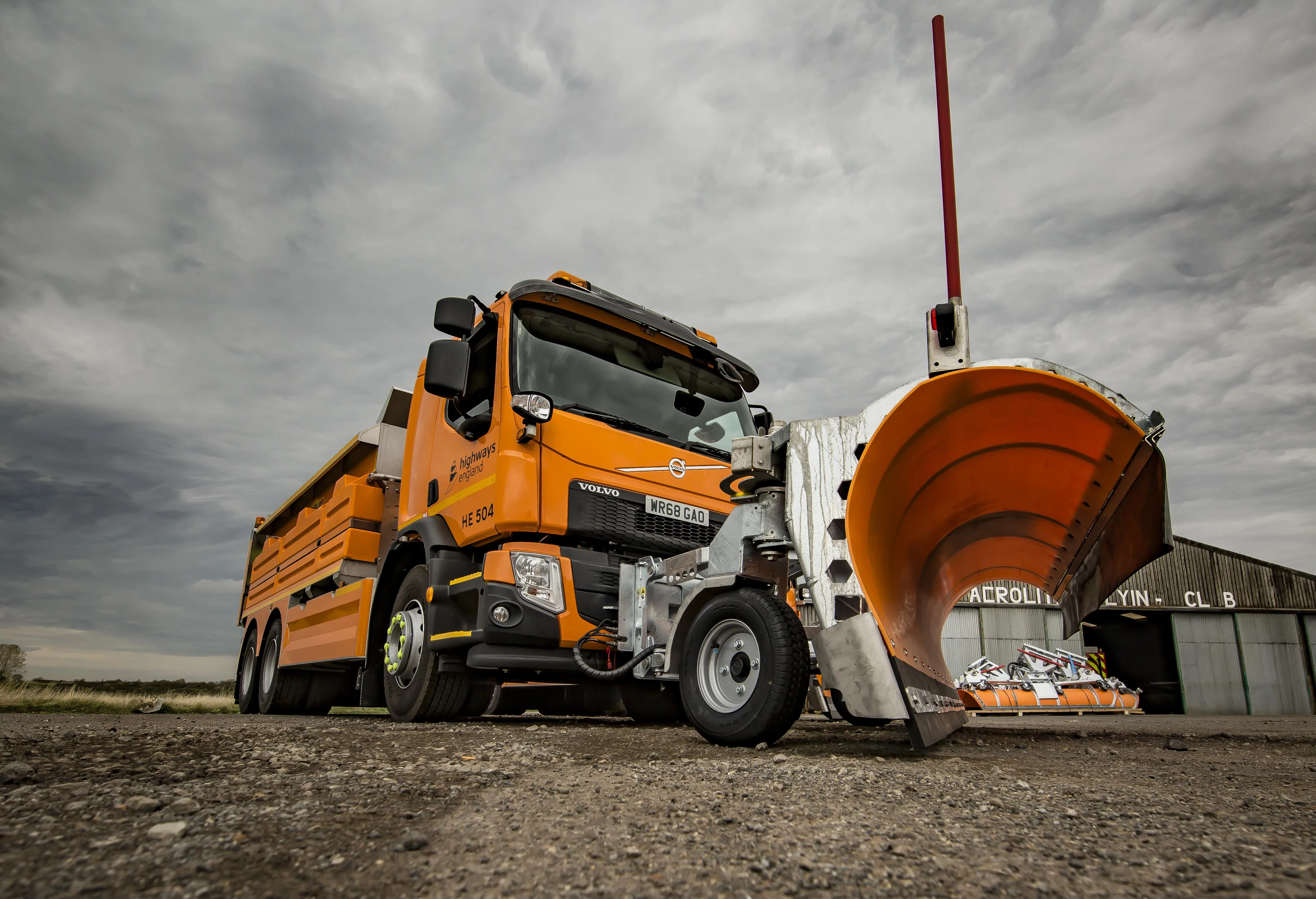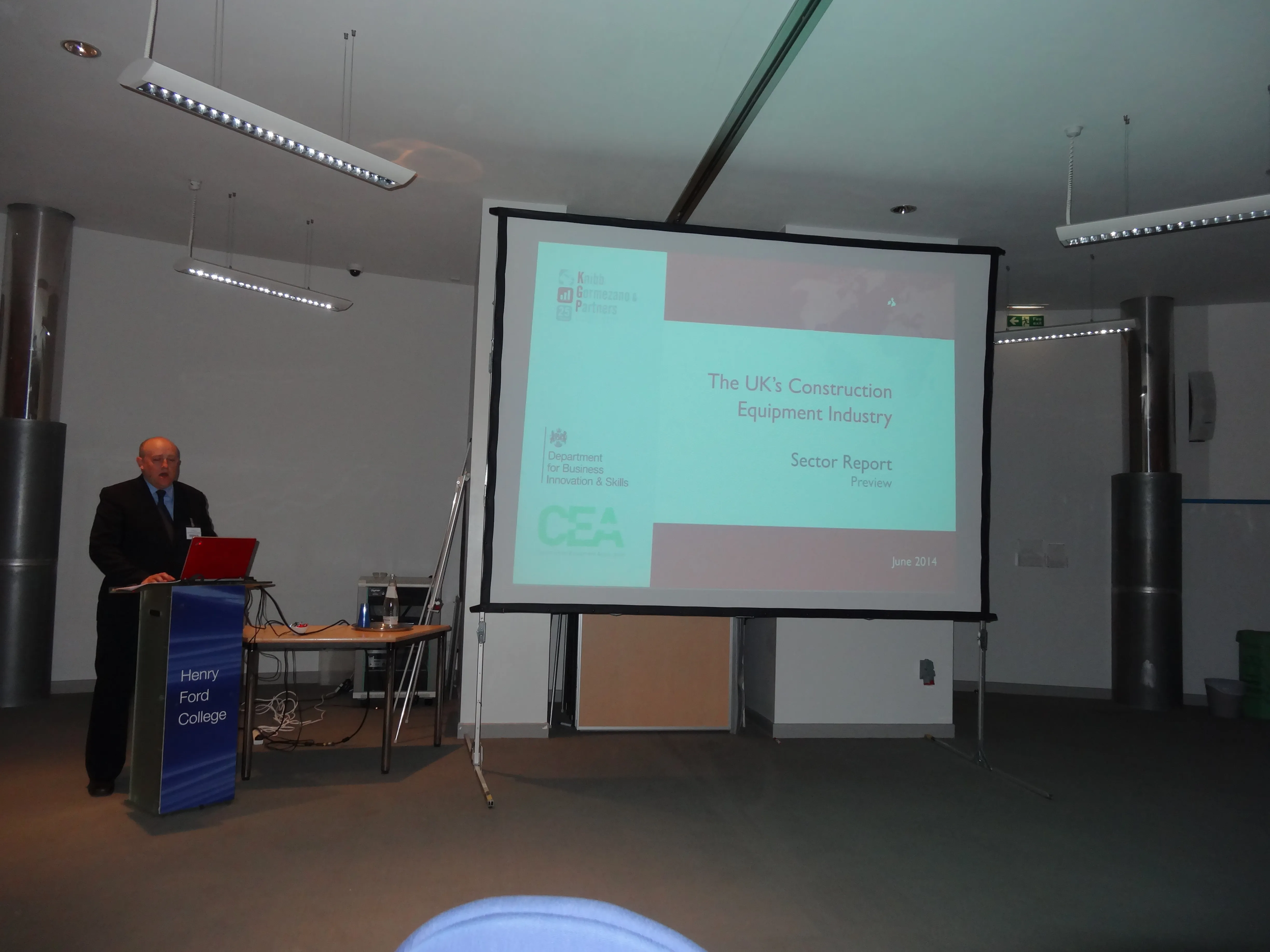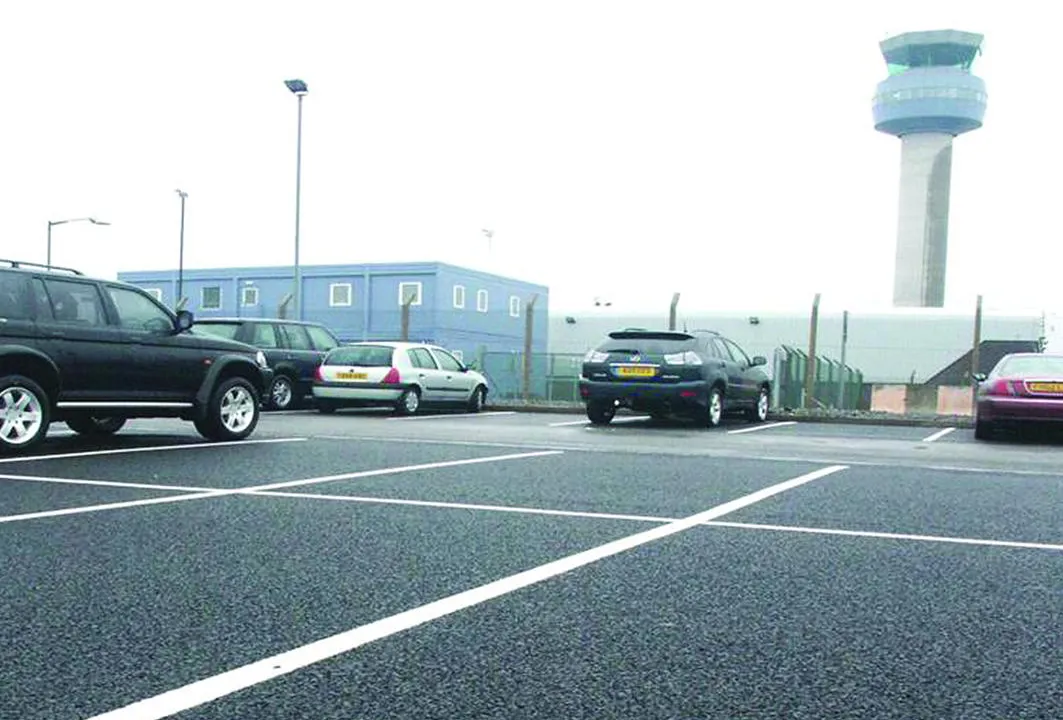
Highways England is getting 93 new gritters for winter duties to ensure access to COVID testing stations and hospitals.
The gritting units and spreaders are based around a Volvo chassis and are from Romaquip, a manufacturer of stainless steel winter road maintenance equipment, such as salt gritters, salt spreaders, body swap systems and snow ploughs. The company was set up in 1984 in Bir in the republic of Ireland and sells mainly to Ireland, UK and continental Europe.
The UK government has set aside nearly €18 million for the equipment which is said to treat roads at speeds of around 80kph - 15kph faster than older equipment.
The investment is part of the government goal to help local authorities can ensure key transport routes to Covid-19 test centres are kept open and running smoothly this winter.
Another €44.8 million will be invested by Highways England to gain access to 250 replacement winter vehicles for the agency’s fleet, noted Grant Shapps, the UK government’s transport minister. “This year, it is more important than ever that Britain is prepared for the winter as we continue to tackle the pandemic. Through this work, we’ll ensure key routes to Covid-19 test centres remain open in the coming months.”
Alongside local council salt stocks, Highways England, which maintains the major roads in England, has a salt stock of 270,000 tonnes with a further 357,000 tonnes in a national salt reserve. Salt producers – through the Salt Association – have confirmed that production is at sufficient levels to protect road users over the coming months.
The new gritters are joining a 535-strong winter maintenance vehicle fleet, including 23 snow blowers capable of removing up to 2,500 tonnes of snow per hour, according to Highways England.








